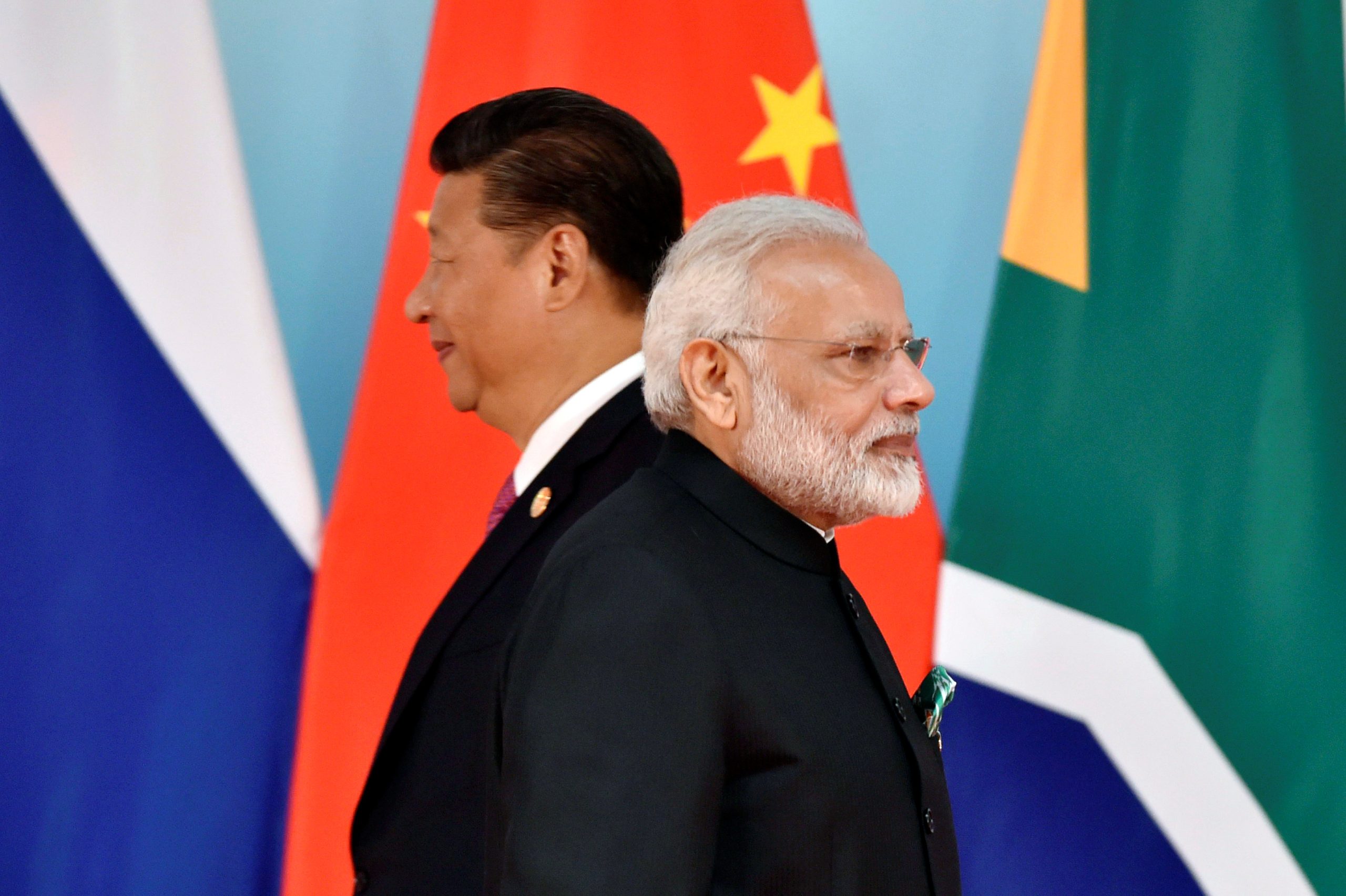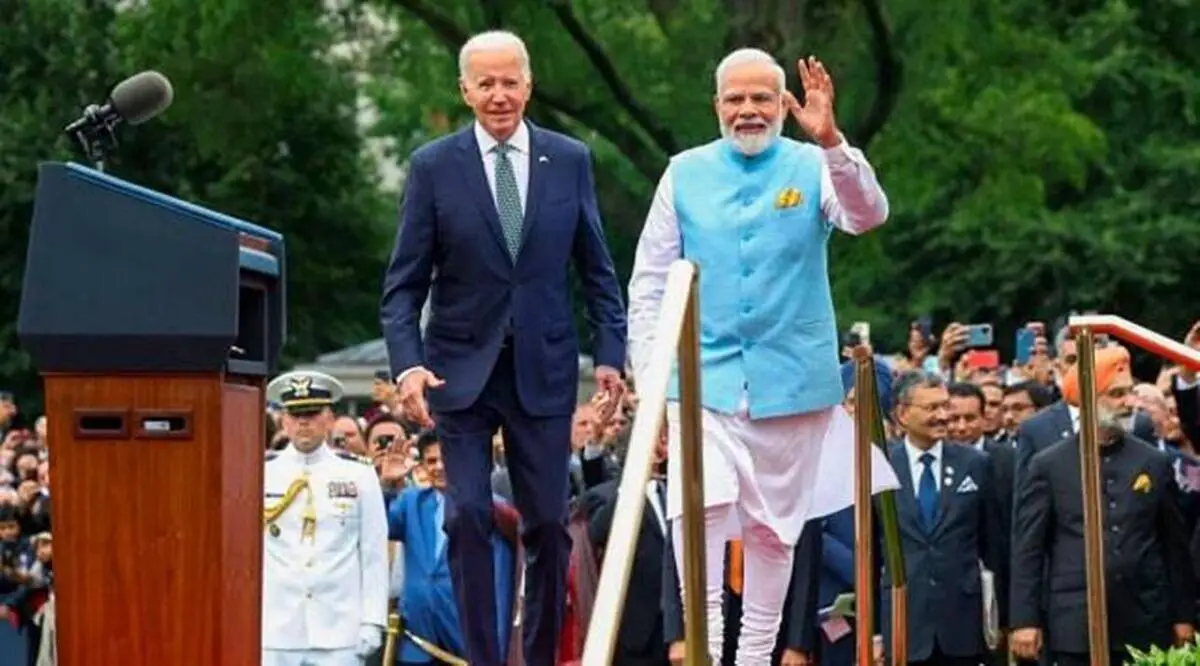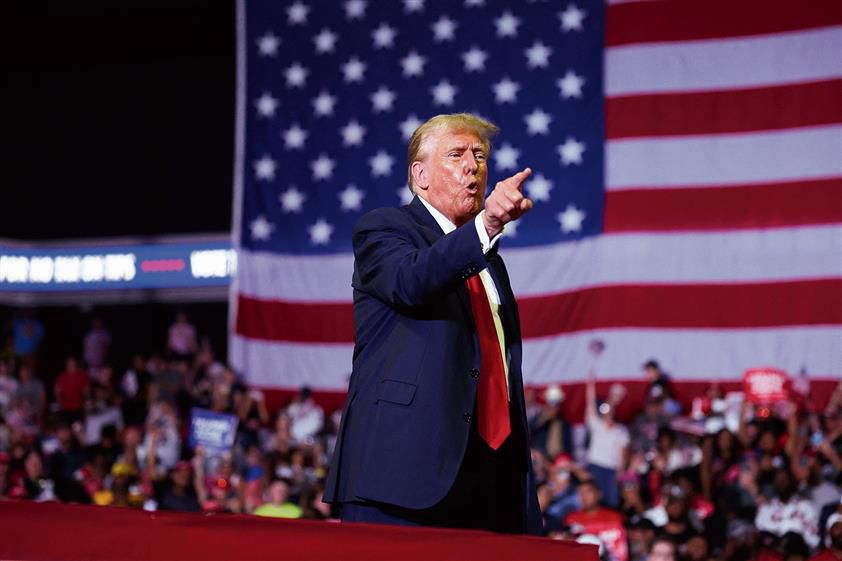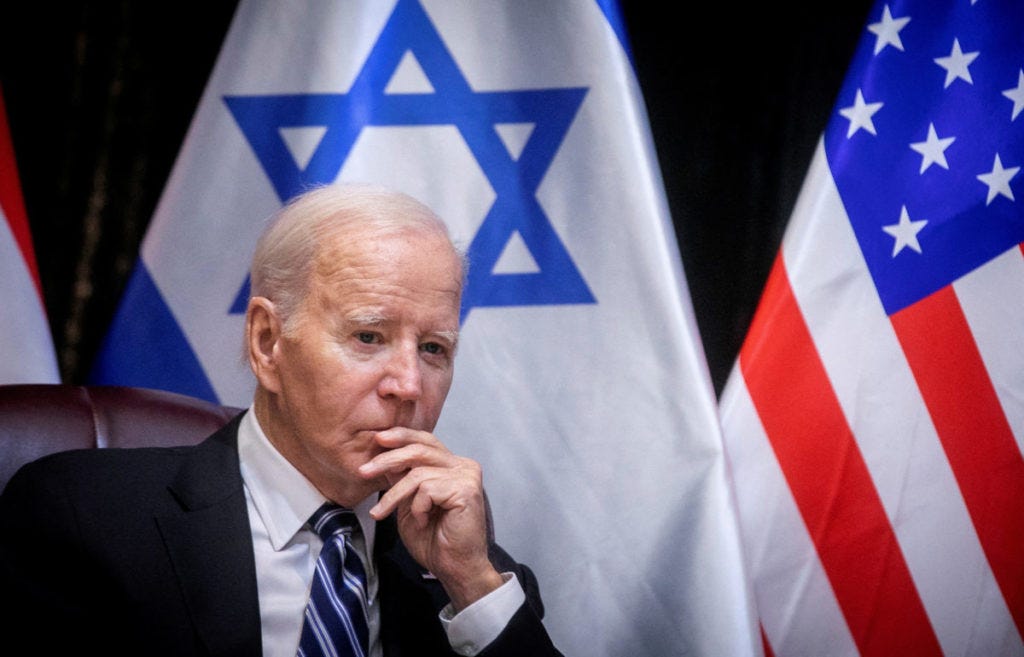Published: 3 weeks ago

History
World Affairs
Summary
This article explores India's strategic stance following the BRICS 2024 Summit amid global power shifts. Its nuanced relationships with Western nations, and its role in BRICS. The piece examines India's delicate balancing act between alliances with Western powers and BRICS partners, questioning its future path in a complex international landscape.
Article
After the BRICS Summit 2024 in Russia, India finds itself in a complicated web of international relations. To understand where India stands at this juncture, we need to delve into its historical journey. India, as we know it today, was formed through centuries of turmoil and enslavement spanning almost 900 years, including around 160 years of direct enslavement under the British Empire. Faced with the need to unite against this oppressive force, the diverse states of India finally recognized that their strength lay in solidarity.
Fast forward to the present day, 77 years post-independence, and India still grapples with the challenge of ensuring a decent quality of life for all its citizens. The path towards progress seems most promising through capitalism, a system adeptly implemented by many Western nations. However, the West operates like an exclusive clique—think of it as the school bullies who flaunt their superiority and view others as beneath them. Despite their arrogance, these countries indeed have some of the world’s best resources and systems. Thus, it is in India’s interest to nurture amicable ties with these nations, even as it recognizes their complex disposition.
Conversely, India has been keenly aware of the West’s arrogance, which has spurred its efforts to expand its influence beyond the traditional Western sphere, all while operating within the constraints set by Western powers. This led to the co-founding of BRICS alongside Russia, Brazil, and China. At the inception of this coalition, one can hardly doubt that India’s intent was to foster better trade relations, cooperative defense, and advances in health and infrastructure among member states—a mutual investment toward collective growth.
However, the landscape shifted dramatically by 2024. China, Russia, and Iran now enjoy a radically altered relationship with the United States. It's curious to consider India's position in this emerging dynamic.
With its longstanding border disputes with China recently resolved, the situation raises the question: Why would China backtrack on territorial claims (as China almost never does that) just before the summit? What's the Big Game here China?
Adding to the complexity of the situation is India's strong relationship with the U.S. and its European allies and Israel. So here’s India, awkwardly positioned at the BRICS summit, surrounded by its co-founders and Iran while they chant “USA BAD, Israel BAD.” Meanwhile, India uncomfortably fidgets, hoping for a change of topic to development and cooperation instead of hostility.
What has become increasingly clear over recent years is the extent of America’s influence: it’s less about military might and more about economic dominance, particularly through the dollar as the world’s reserve currency. The U.S. can freeze assets, impose sanctions, and demand compliance from nations, essentially keeping global economies in check. This channels the conversation towards the intriguing notion of moving away from the dollar, potentially creating a new currency backed by a coalition of countries.
Yet, the feasibility of such a concept is fraught with challenges. The BRICS bloc faces significant internal discord—its members often have differing agendas and conflicting interests. The notion that all members will converge on a unified strategy is unrealistic; just look at the recent border disputes between two of its co-founding nations.
Many in the West dismiss BRICS as a minor players' club, too small to pose a real threat, while others remain somewhat apprehensive about its potential to grow.
Russia, under Putin's leadership, possesses a level of diplomatic maturity, but the same cannot be said for Xi Jinping, who seems unwilling to shed his dictator persona for the sake of international cooperation. This presents India with a dilemma: declining to participate in the BRICS’ push for de-dollarization could alienate it from potential partners, yet aligning too closely with China invites risks, given their unpredictable political landscape.
India’s position post-independence—centered on survival without allegiance to any particular group—may indeed serve it well in this intricate global chess game. It represents a kind of wise independence: being cordial to all while maintaining a wary distance from those who may have ulterior motives.
So, what are your thoughts on India's approach in this quagmire? Is it wise to forge its own path, avoiding the extremes of allegiance while seeking opportunities for collaboration? The journey ahead is undoubtedly complex, and India must navigate it with both caution and ambition to secure a prosperous future for its citizens.
No opinions exist on this article yet!
Be the first one to share an opinion on this article.
This article does not have any attachments.
No Access
Share access to start recording your opinion











